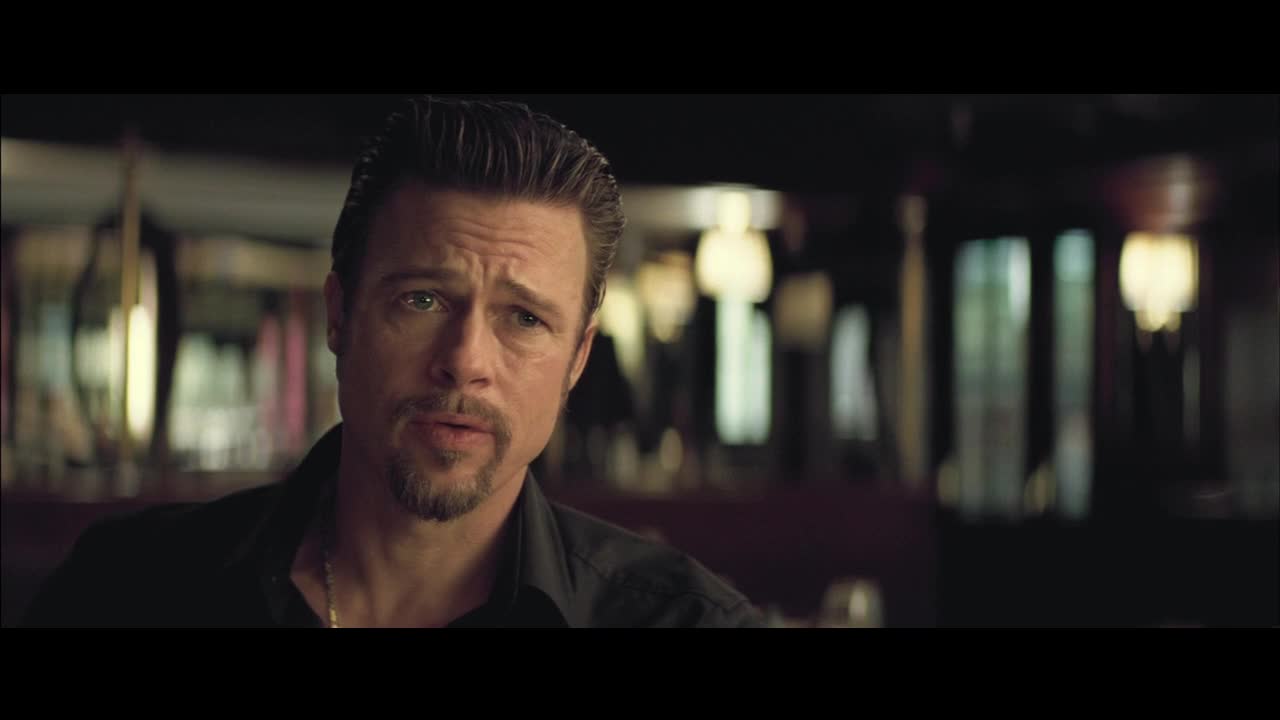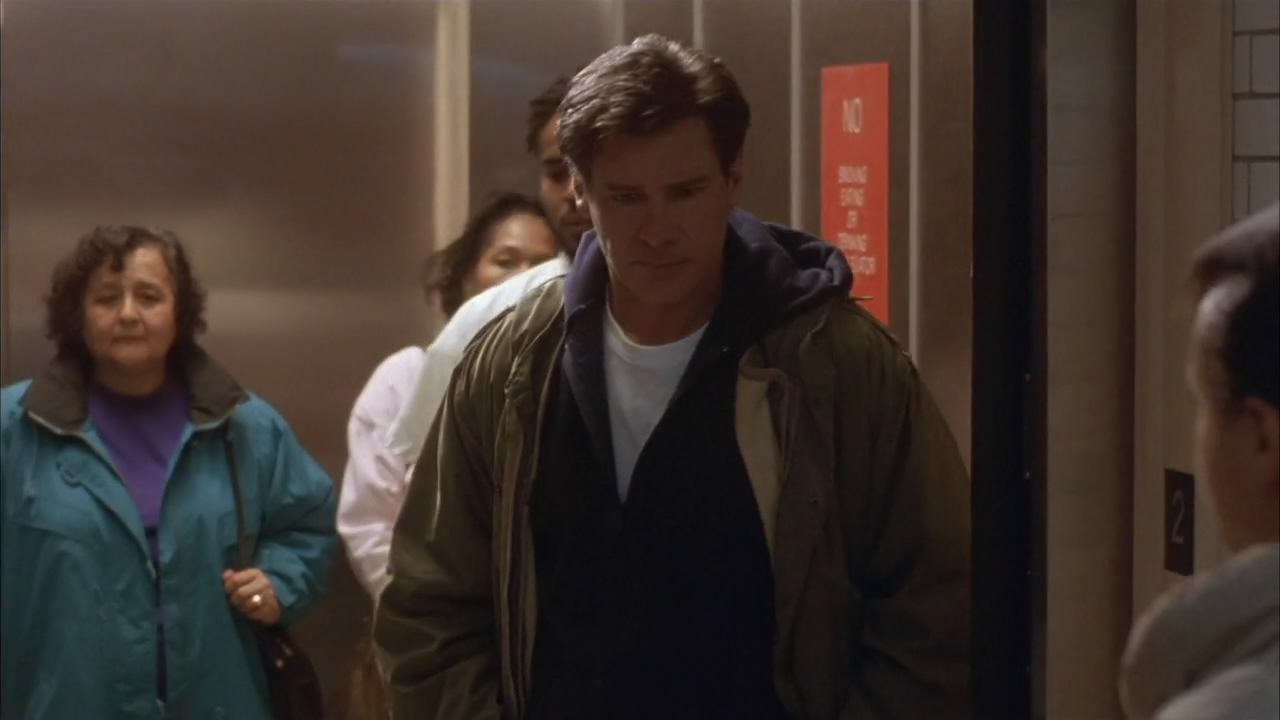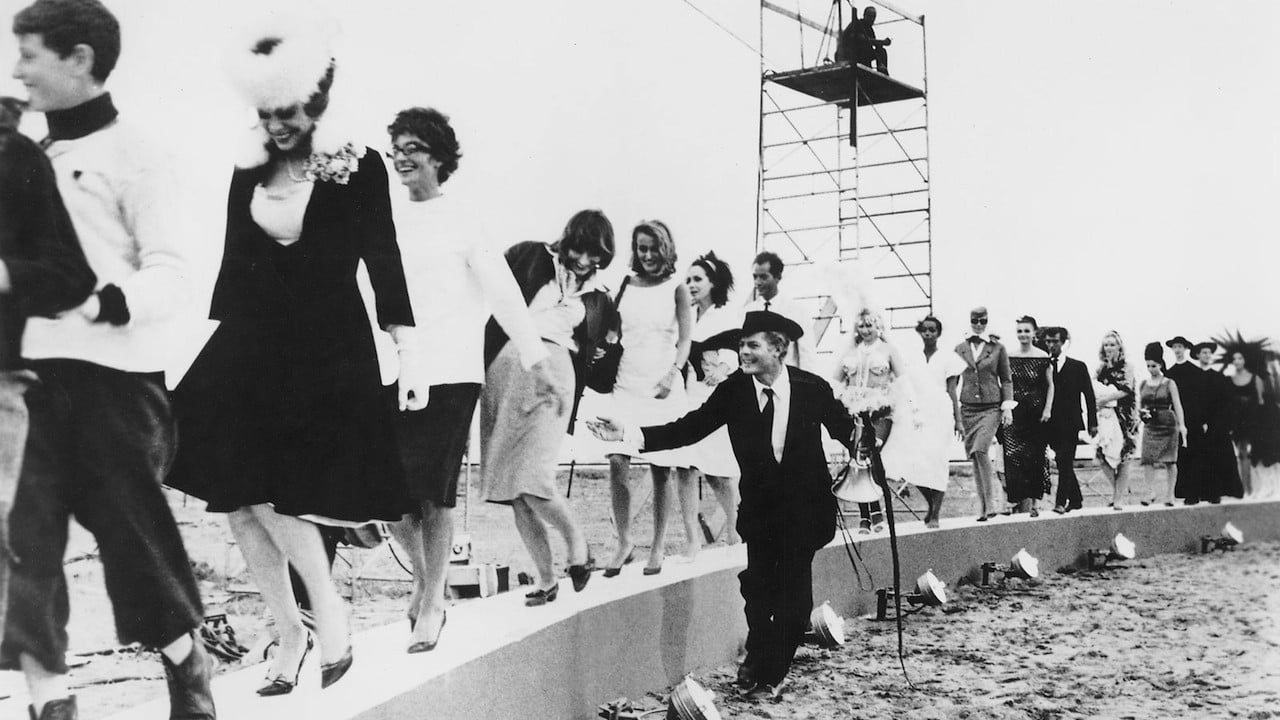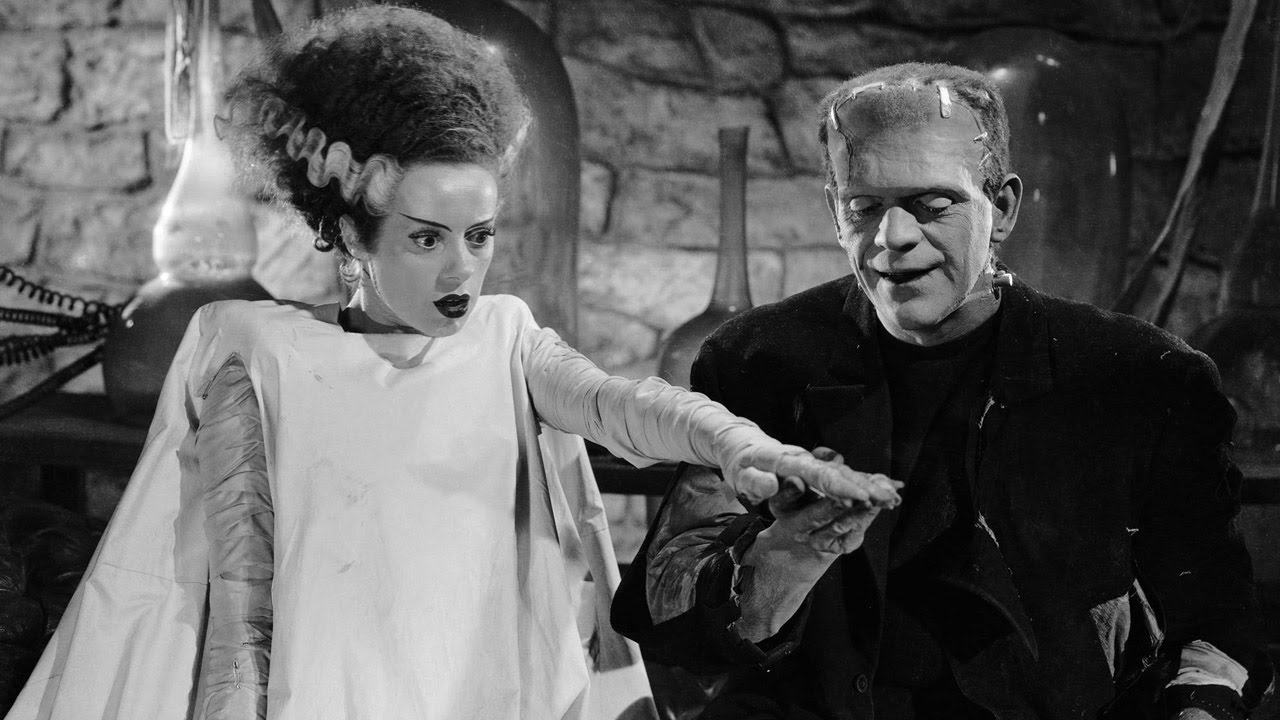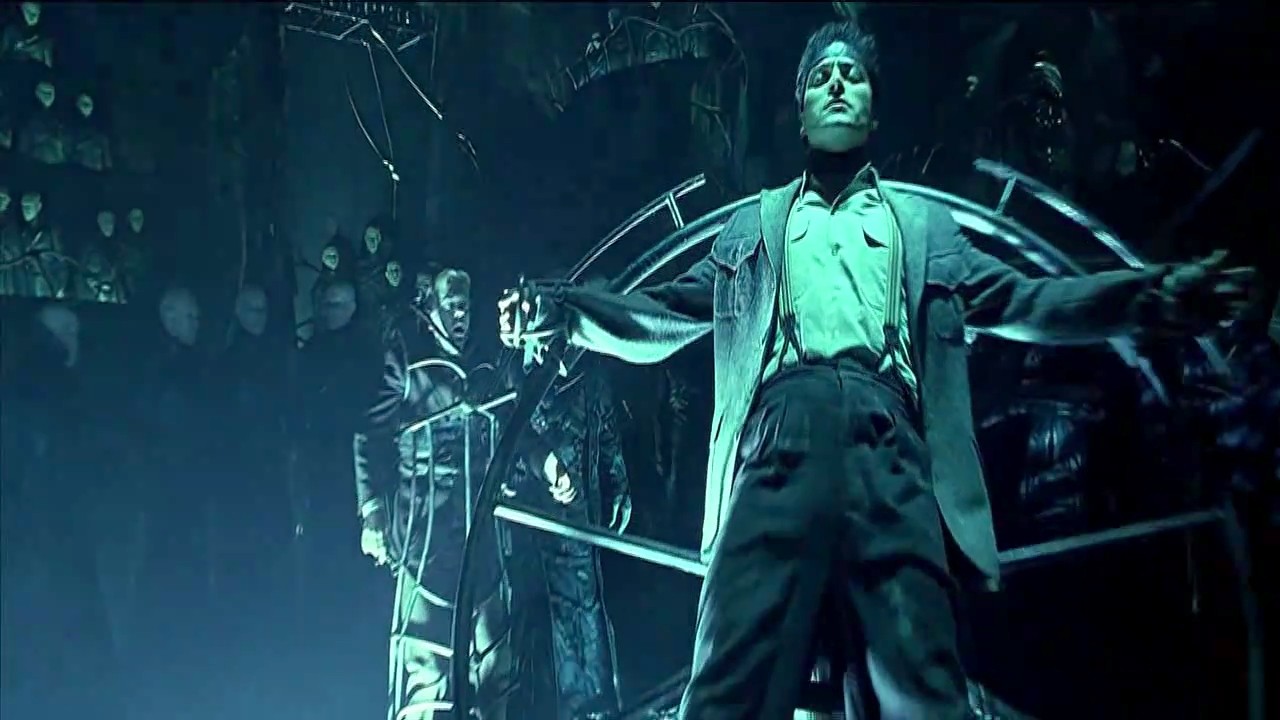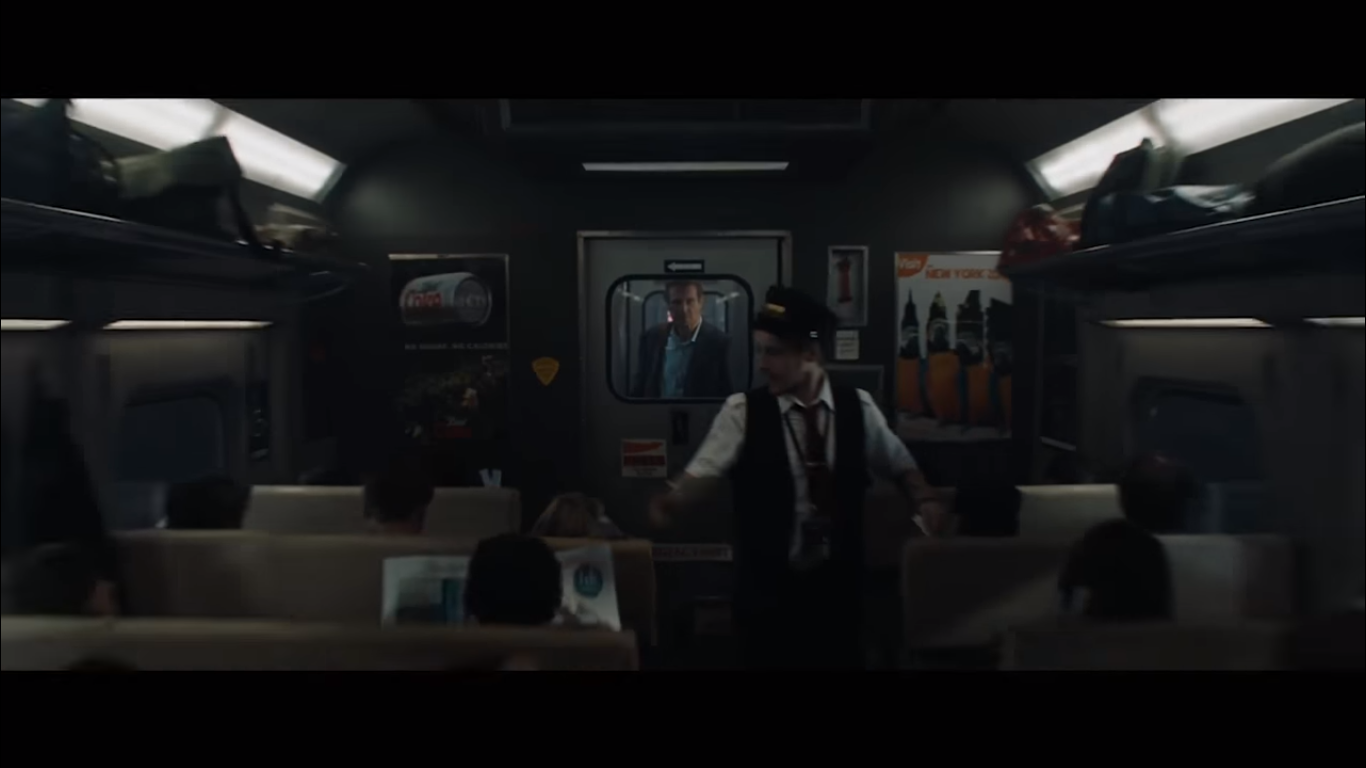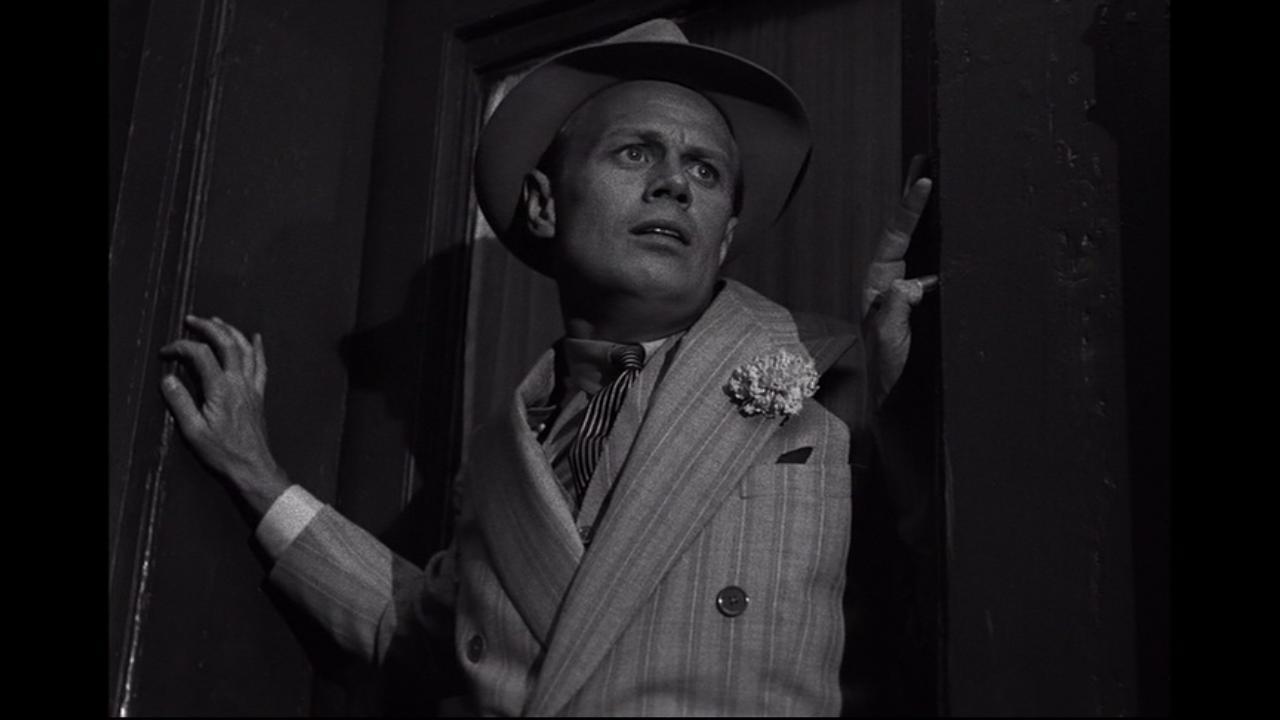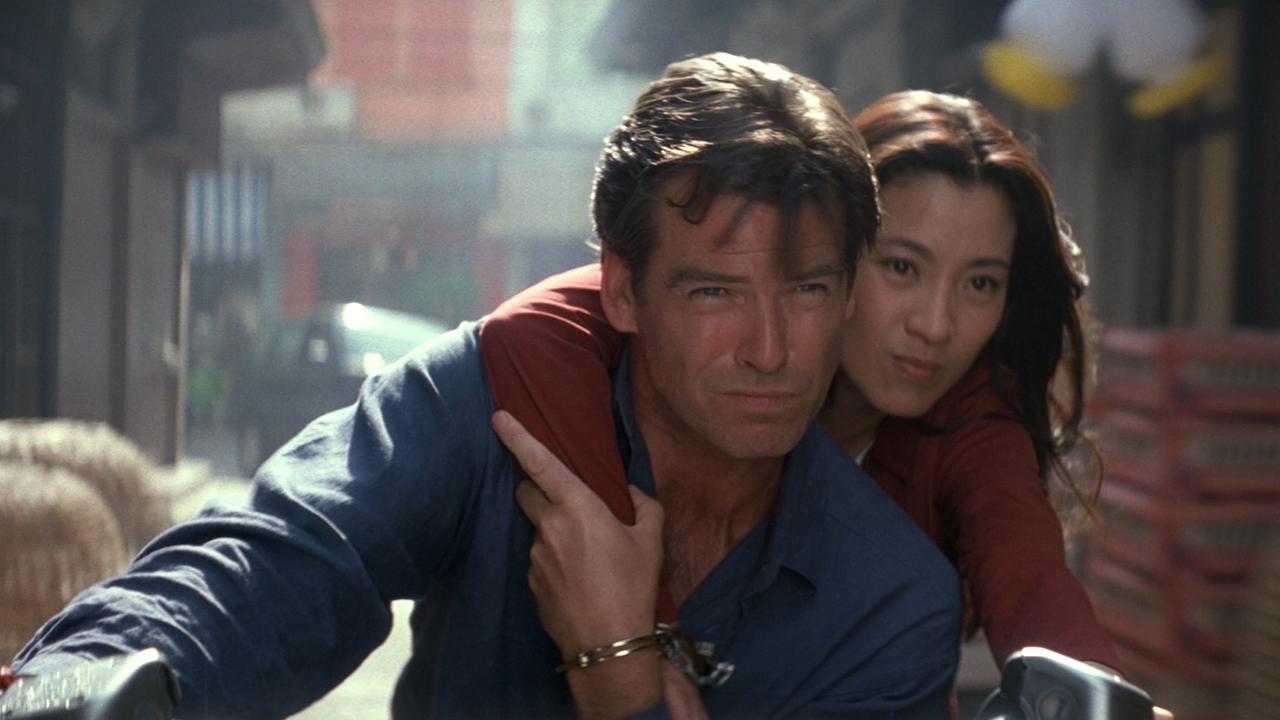In real life, I don’t know any criminals of the type depicted in 2012’s Killing Them Softly (or in its source material, the 1974 novel Cogan’s Trade). My high school Bible study leader, a gigantic ex-cop named Al who claimed to be related to “some tough guys” and who always had The Godfather playing when we went to his house, was about as close as I’ve ever gotten.
January 2018
When I joked on social media that The Fugitive is a movie about how easily middle-aged white dudes can get into and out of buildings, my friends mostly laughed. Perhaps because it was presented as a declarative statement, it seems a bit reductive.
Enjoying, enjoy, enjoys; particularly the past tense, enjoyed. The first instinct when leaving a movie theater with someone else: “Well, I really enjoyed that. Did you enjoy it?” Over dinner with friends that night: “Oh, we saw that movie earlier today — we really enjoyed it.”
It is infuriatingly difficult to write about a film you love. I love Bride of Frankenstein.
Trying to locate the source of this affection — to contextualize it in ways that might be interesting and don’t amount to gushing, “Hey, you know what is great?
It’s difficult to base a piece on a Twitter conversation, particularly one you half-remember and which you refuse to look up. I don’t want to look it up because there was nothing particularly unique about this back-and-forth; it’s more useful as an example of a type than as something particularly awful.
In 1998, two movies were released: The Truman Show and Dark City. Although they both revolved around a protagonist who realizes the city in which he lives is “fake” — an elaborate form of reality television in the former, an alien sociology experiment in the latter — they don’t seem too similar on their own.
The latest offering from genre auteur Jaume Collet-Serra and his hangdog, improbably athletic muse Liam Neeson may not be a great work of art, but, like its predecessors Non-Stop and Unknown, it’s compulsively watchable, even fascinating, and guided by a directorial sense that seems excessive for the material.
In some ways, Jules Dassin’s Night and the City (1950) is an unlikely noir, which (along with an icy reception at the time from critics) might help explain why it’s not the first example of the genre that springs to mind — no femme fatale, no particular mystery, no play-by-play heist gone wrong, a curious fixation on wrestling, of all things.
Q: On what movie viewing experience are you reporting?
A: The experience on the night of January 14th, 2018.
Q: What was the movie viewed?
A: The 18th James Bond movie, Tomorrow Never Dies (1997).
Q: Why?
A: Death felt about 2 hours too far away.
The road trip belongs to an incredibly particular technological moment.
There must be an element of protraction; it must take long enough to get from point A to point B to generate enough plot to keep the opening and closing credits 90-plus minutes apart.

